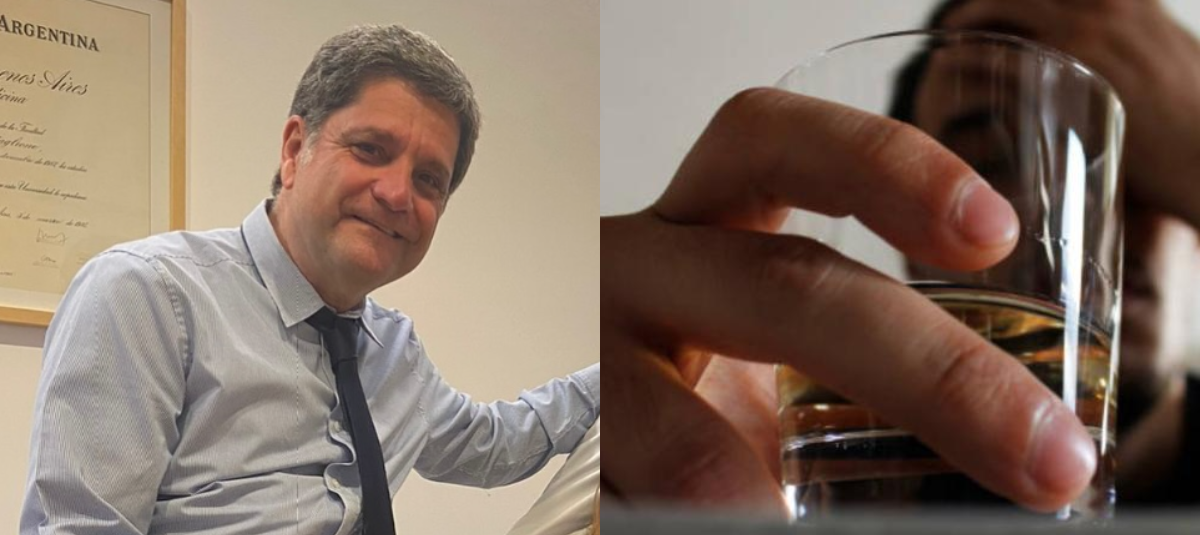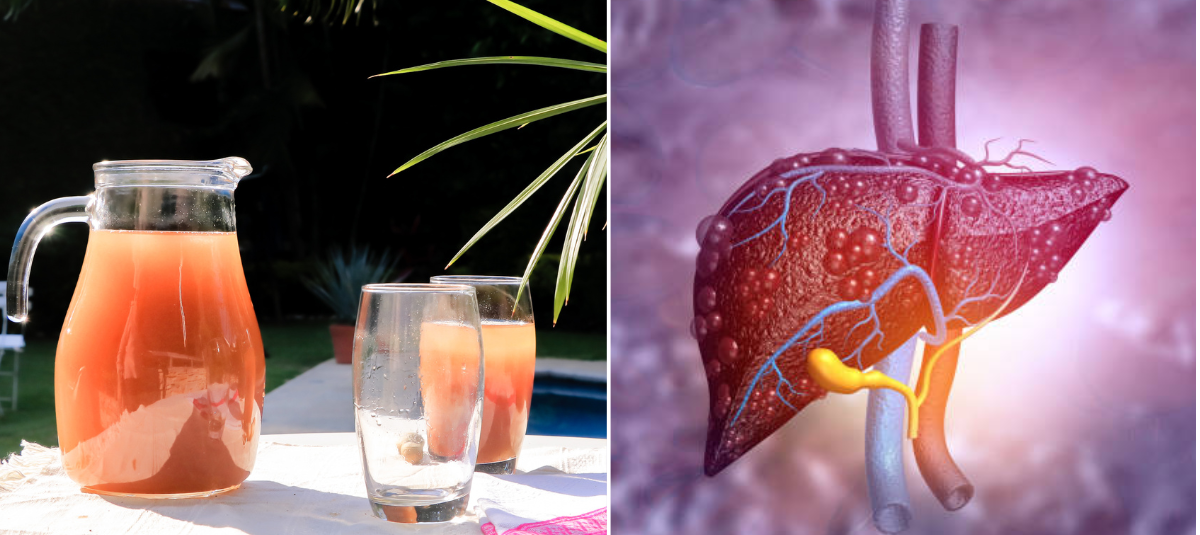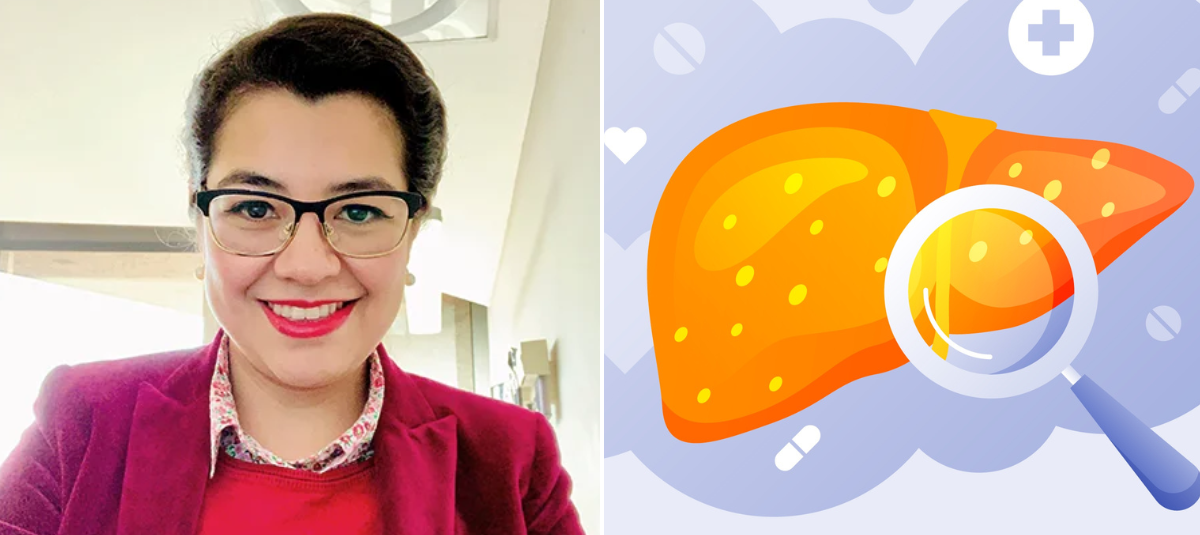Fatty Liver: How Much Water Should You Drink a Day and How Hydration Can Help Improve It?

This condition causes fat to accumulate in the liver. Photo: iStock
Metabolic fatty liver disease, also known as hepatic steatosis, is a condition in which the liver accumulates excessive amounts of fat, which is often associated with overweight, obesity, or diabetes.
According to the Santa Fe de Bogotá Foundation, this condition doesn't usually cause any harm as long as it receives the necessary care, as otherwise it can lead to serious complications such as cirrhosis or cancer.
This disease can cause pain. Photo: iStock
READ ALSO

However, this disease has no symptoms, so it can develop silently, increasing its risks . Despite this, patients who have experienced the condition closely report that it causes fatigue, a feeling of not feeling well, or pain in the upper right abdomen.
According to the MSD Manual, a reference book for physicians and pharmacists, people with fatty liver disease often feel tired or experience mild abdominal discomfort.
The university hospital also points out that one of the most common complications of this condition is liver scarring , because when damage occurs due to inflammation, the organ creates fibrous tissue.
In response, an article in the journal 'Clinics and Research in Hepatology and Gastroenterology' points out that non-alcoholic fatty liver disease can influence the lifestyle of those who suffer from it.
Fatty liver can cause inflammation and liver damage. Photo: iStock
READ ALSO

Proper hydration is key to combating the effects of this disease, as regular water intake helps eliminate toxins and optimizes organ function.
According to this, a study published in the journal Nature considers that consuming a regular amount of this liquid increases fat oxidation and significantly regulates energy consumption.
Hydration is essential. Photo: iStock
For its part, the National Kidney Foundation of the United States highlights that a person, on average, should drink between six to eight glasses of water daily , which is equivalent to 1.5 and 2 liters.
This is especially true because the body loses 1.5 to 2.5 liters a day through sweat and urine, so it is always advisable to drink enough fluids until the feeling of thirst disappears.
READ ALSO

DIGITAL REACH EDITORIAL
Follow all the Culture news on Facebook and X , or in our weekly newsletter .
eltiempo



%3Aformat(jpg)%3Aquality(99)%3Awatermark(f.elconfidencial.com%2Ffile%2Fbae%2Feea%2Ffde%2Fbaeeeafde1b3229287b0c008f7602058.png%2C0%2C275%2C1)%2Ff.elconfidencial.com%2Foriginal%2F833%2Ff59%2Fd13%2F833f59d13aae5398b08a1b553e862d23.jpg&w=3840&q=100)

